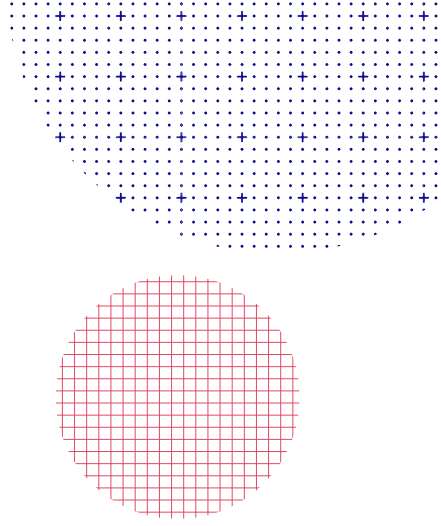Share the page
Developing infrastructure in Guinea and supporting a cement group
Project

-
Signature date
-
-
Location
-
Guinea
-
Financing tool
-
Financing amount (Euro)
-
22000000
-
Financing details
-
EUR 12m senior loan
-
Customer
-
CIMAF GUINEE SA
-
Type of customer
-
Company
-
Country of headquarters
-
Guinea
-
Project number
-
PGN1029
-
Environmental and social ranking
-
B+
This information is given at the time of signature, without prejudice to any developments in the operation/project.
Proparco’s loan is being used to develop the local supply of a type of cement, which is necessary for the construction of infrastructure but has very limited availability in Guinea. This is project thereby contributing to creating a local industrial base, supporting employment and facilitating access to materials for the construction of housing and infrastructure.
Client presentation
CIMAF Group is a Moroccan cement group. CIMAF initially set up in Morocco in 2008, where it built two fully integrated plants (clinker production and grinding into cement).
Once the Moroccan market was stabilized and mature, the group developed and, between 2013 and 2018, established its grinding activities in 11 West African countries.
Following a 1st phase for the development of new markets, CIMAF Group launched a 2nd phase to consolidate its positions in order to become a leading player in Africa.
In the short term, this consolidation led to expansions in the grinding capacity, as is the case here in Guinea Conakry, and, in the medium term, to integration upstream of the value chain, with the development of a clinker production capacity.
Project description
The project consists of a senior loan to increase CIMAF’s grinding capacity, which is today saturated, from 0.5 to 1.5 million tons of cement a year. This expansion should develop the local supply of a type of cement required for the construction of infrastructure but which has very limited availability in Guinea.
Project impact
This financing should contribute to the country’s development and thereby support the Sustainable Development Goals n° 8 “Decent work and economic growth” and n° 9 “Industry, innovation and infrastructure”. Indeed, this project:
- is contributing to the creation of a local industrial base which is maintaining or creating over 1,700 direct and indirect jobs and
- is facilitating access to building materials which will indirectly benefit Guineans nationwide via the construction of housing and infrastructure (for example, projects are planned by the National Economic and Social Development Plan in the coming years to rehabilitate national road RN1 and the Conakry road network, build a power interconnection line, refurbish a university…).


